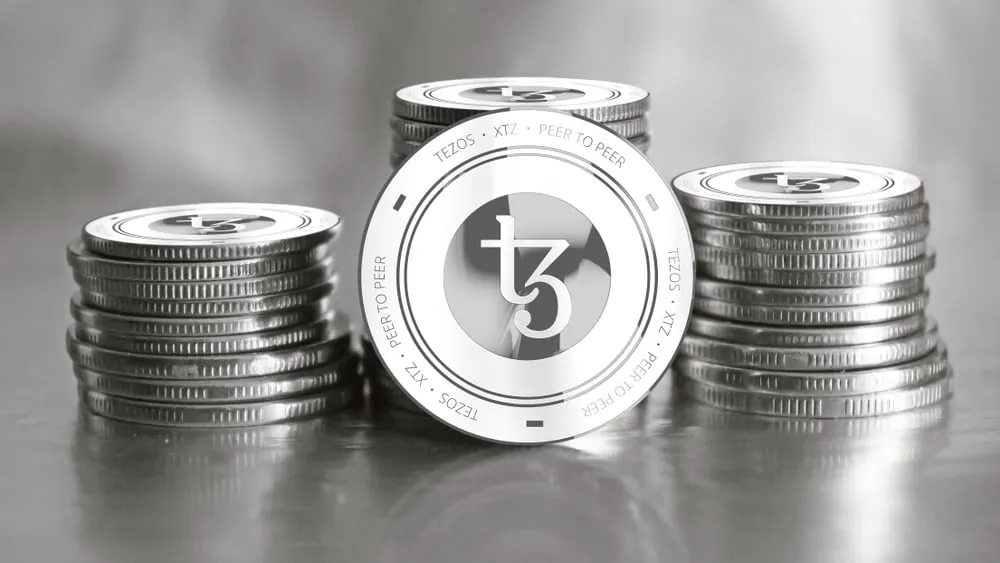In brief
- The Tezos blockchain has successfully implemented the "Delphi" upgrade.
- The upgrade has decreased gas consumption by around 75%.
- This allow developers to deploy more complex smart contracts and applications—such as DeFi.
The Tezos blockchain has successfully implemented a new upgrade, dubbed Delphi, today. It’s designed to make the network more attractive for applications—including decentralized finance (DeFi) ones—by drastically reducing gas costs for operations, according to an announcement.
The Delphi upgrade will “typically” decrease gas consumption by around 75% thanks to a number of improvements to the blockchain’s Michelson interpreter. Additionally, storage costs are now four times lower.
“When you combine upgrade regularity with the reduced gas costs that this particular upgrade brings, Tezos is ripe for DeFi development," noted Hugo Renaudin, co-founder of LGO Group and founder of Bender Labs.
Like on Ethereum, gas on Tezos reflects the complexity of computations required to perform any given operation. The more complex the operation is, the more gas it consumes. Unlike on Ethereum, gas is not used to pay fees on Tezos directly—it is free and mainly serves as a limiter to prevent apps from consuming too much computing power. Still, fees, which are paid separately, are based on the amount of gas an operation requires.

At the same time, Tezos limits the maximum amount of gas per single operation and there is also a total gas limit per block. Thus, by lowering gas consumption, the Delphi upgrade makes it easier to deploy more complex smart contracts for advanced applications—such as DeFi, for example.
Gabriel Alfour, lead developer at Marigold—one of the core development teams that worked on Delphi—highlighted the importance of low gas costs for DeFi applications.
"With the Delphi upgrade, the Tezos protocol has become significantly more attractive for DeFi applications and experimentation with complex smart contracts due to dramatically reduced gas costs,” Alfour told Decrypt.
He added that this new, more frequent cadence of protocol upgrades “will allow Tezos to reliably stay ahead of the curve when it comes to improving performance, incorporating new technology and encouraging new use cases."
As Decrypt reported, Tezos made a run at DeFi in early October and is considered one of Ethereum’s main competitors. Now it’s showing it can stay competitive.





